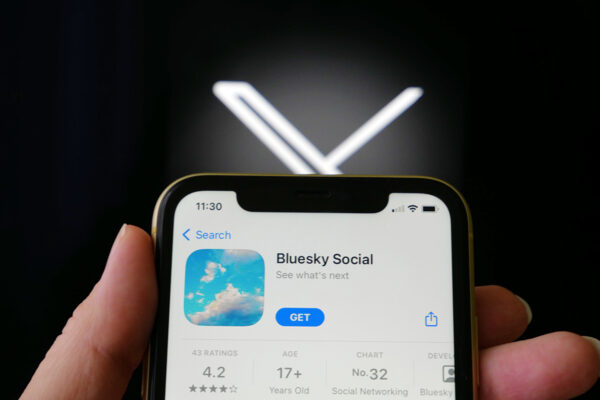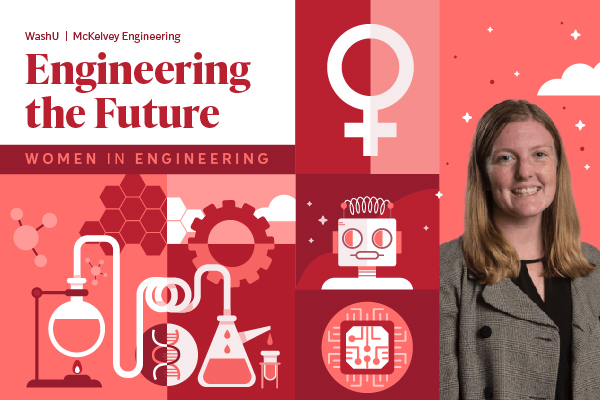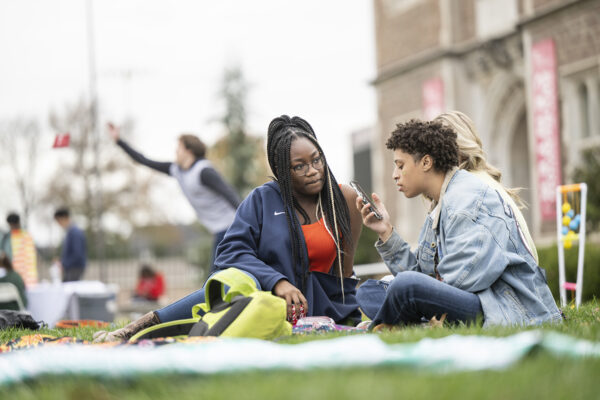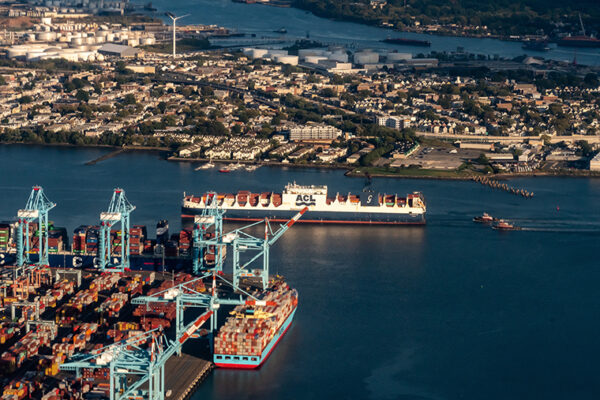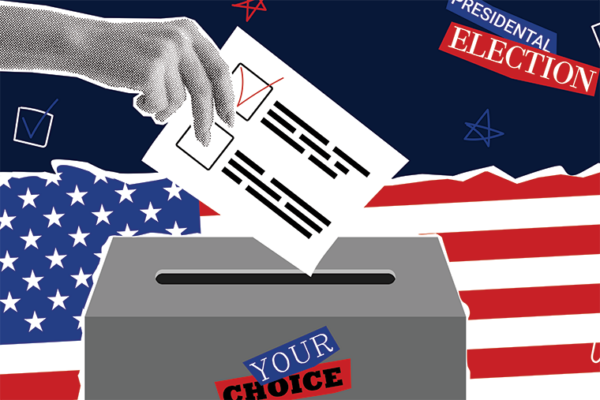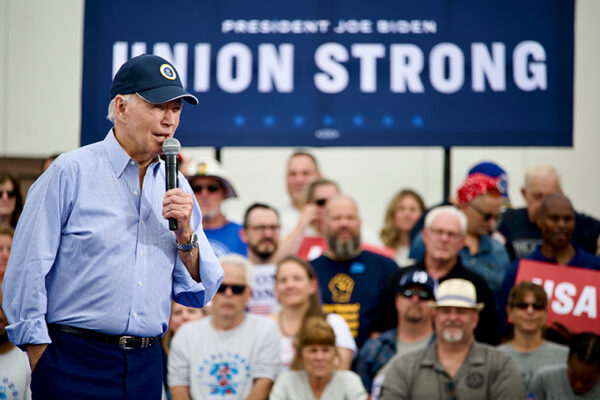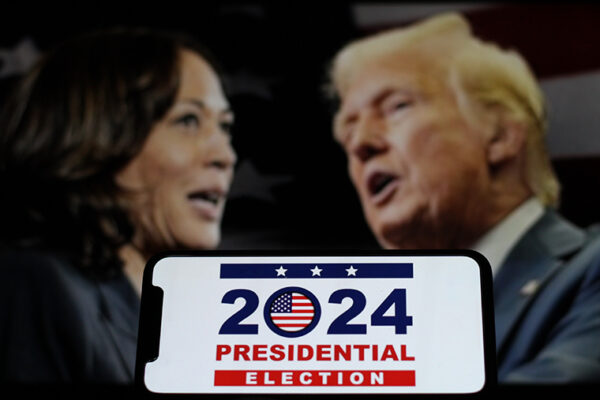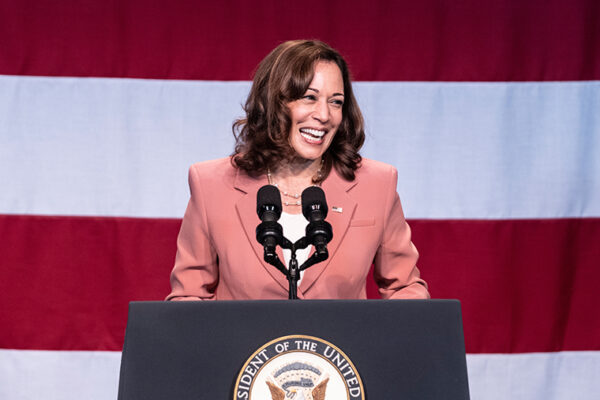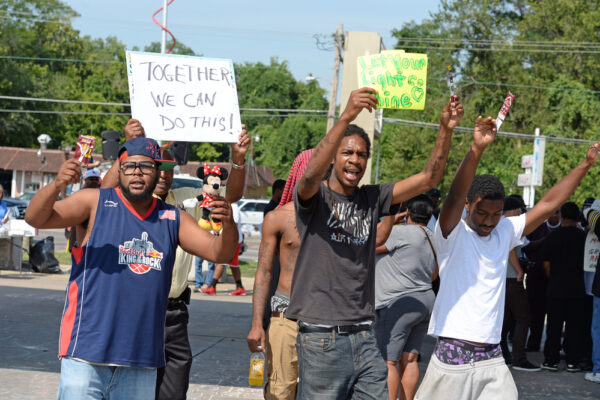‘X-odus’ creates growing challenges for brand marketing
If there is one thing that is constant in marketing, it’s that things are constantly changing, according to Michael Wall, a marketing expert at WashU Olin Business School. As social media users flock to sites that align with their political beliefs, brands face the challenge of connecting with diverse audiences.
How to depolarize social media
At a time when political polarization is becoming an increasing problem on social media, WashU data scientist Jean Springsteen is working on a way to bring down the temperature and still get buy-in from social media companies.
Supporting student mental health during the election
Kirk Dougher, associate vice chancellor for student support and wellness at WashU, explains what colleges are doing to help their students during this fraught election season and what steps students can take to better cope.
Strike will test U.S. supply chain resiliency
Panos Kouvelis, director of Olin Business School’s Boeing Center for Supply Chain Innovation, discusses the impact of the port workers’ strike on supply chain inventory and prices.
Small business plans should include ownership transition support
Peter Boumgarden, director of Olin Business School’s Koch Family Center for Family Enterprise, discusses Vice President Kamala Harris’ plan to expand the small business tax credit and other ways in which the government can support existing small businesses.
2024 presidential election experts
Washington University in St. Louis faculty experts are available to discuss a variety of topics related to the election, politics and national and local issues.
How GOP has gained ground with unions, impact on 2024 election
During his four years in office, Joe Biden was hailed as the most pro-union president in recent history. But whether his record translates into votes for Democratic presidential nominee Kamala Harris remains to be seen. Sociologist Jake Rosenfeld, in Arts & Sciences at Washington University in St. Louis, explains why Democrats have lost some union votes and how the parties are responding.
Comparing political parties’ economic outlook, plans
“Envy of the world” or a disgrace? Olin Business School’s John Horn discusses the state of the U.S. economy, President Joe Biden’s economic legacy and what to expect from a future Harris or Trump presidency.
How gender bias influences perceptions, votes in elections
Diana Z. O’Brien, the Bela Kornitzer Distinguished Professor of Political Science in Arts & Sciences, discusses the unique challenges facing female politicians, the importance of representation and more.
In Ferguson aftermath, despite progress regression continues
While some progress has been made in the 10 years since Michael Brown’s death Aug. 9, 2014, in many ways we have regressed as a nation, said the School of Law’s Kimberly Norwood, an expert on social justice and civil rights issues.
View More Stories
